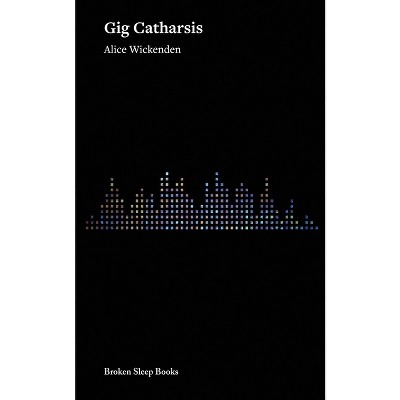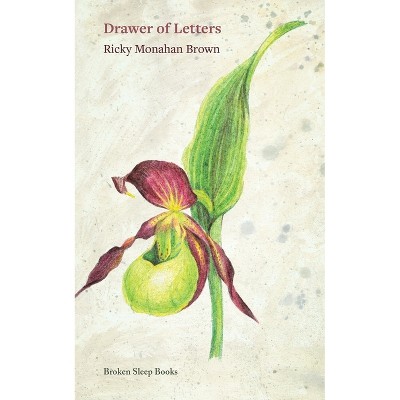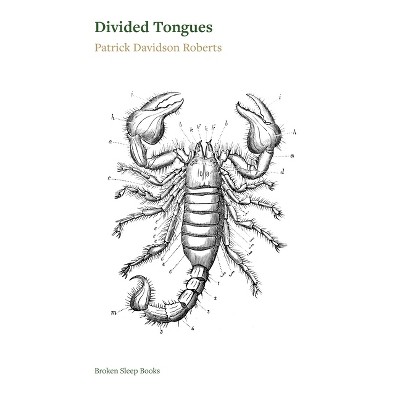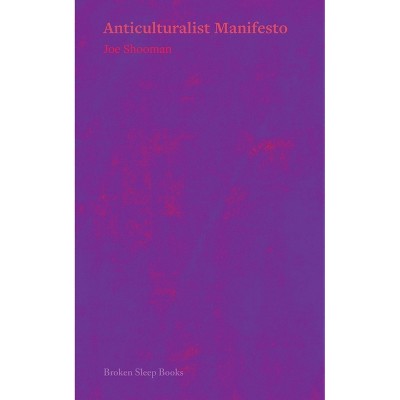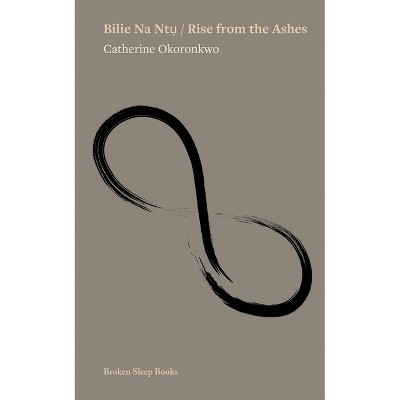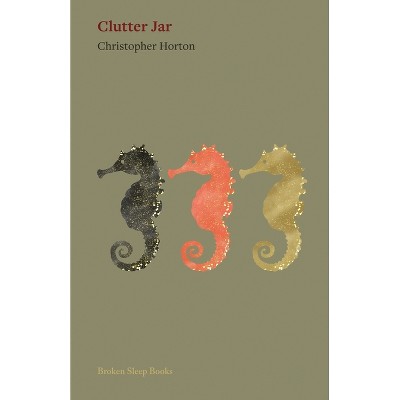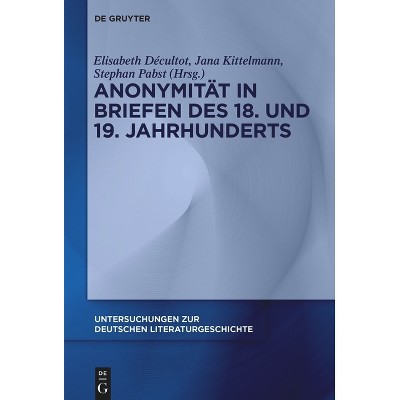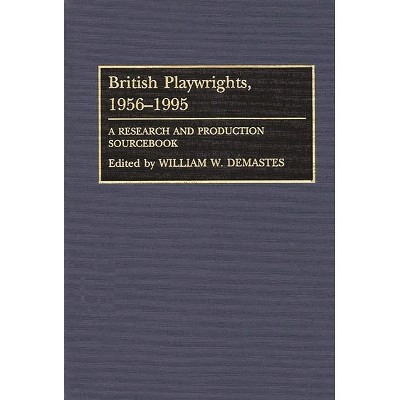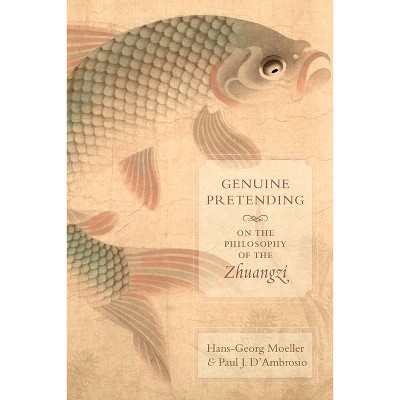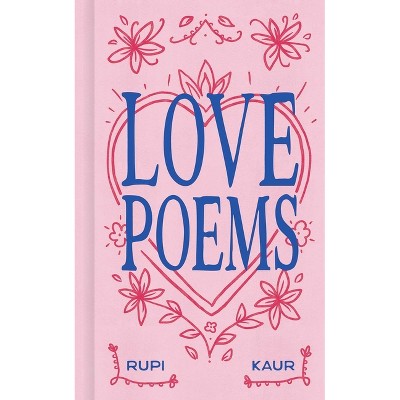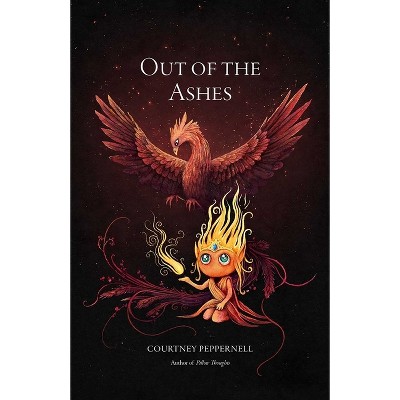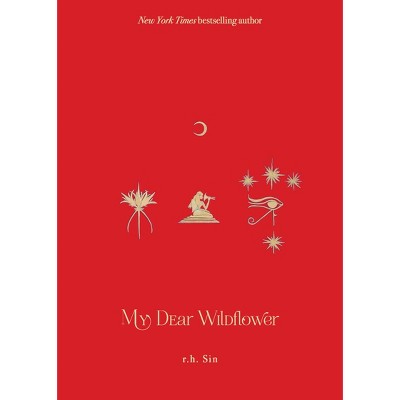
Queen Cells - by Malgorzata Lebda (Paperback)
$16.99
In Stock
Eligible for registries and wish lists
About this item
Additional product information and recommendations
Discover more options
Frequently bought together
Related Categories
Trending Poetry

$13.10
Buy 1, get 1 50% off select books, movies & games
4.9 out of 5 stars with 126 ratings
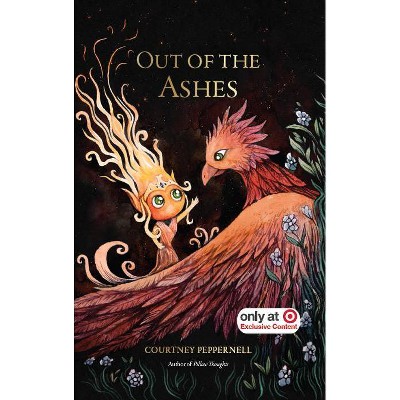
$15.19
Buy 1, get 1 50% off select books, movies & games
5 out of 5 stars with 2 ratings
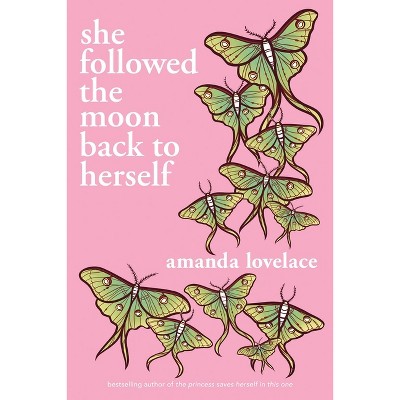
$11.55
was $12.93 New lower price
Buy 1, get 1 50% off select books, movies & games
4.3 out of 5 stars with 12 ratings

